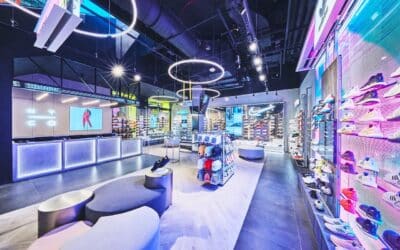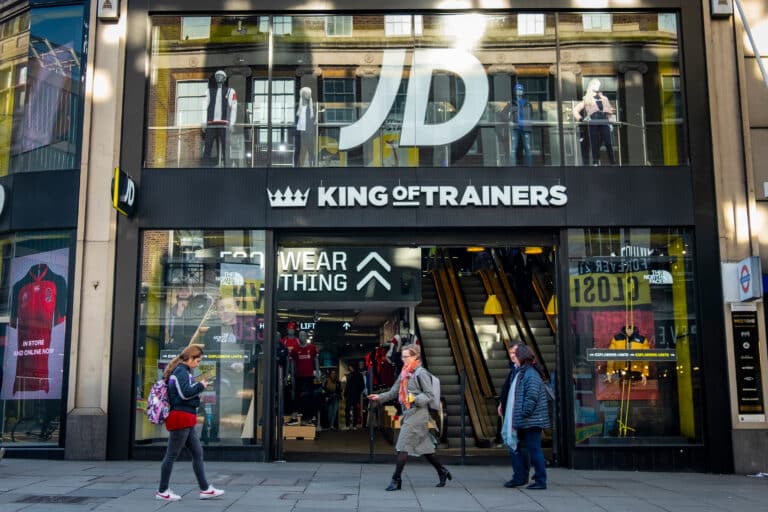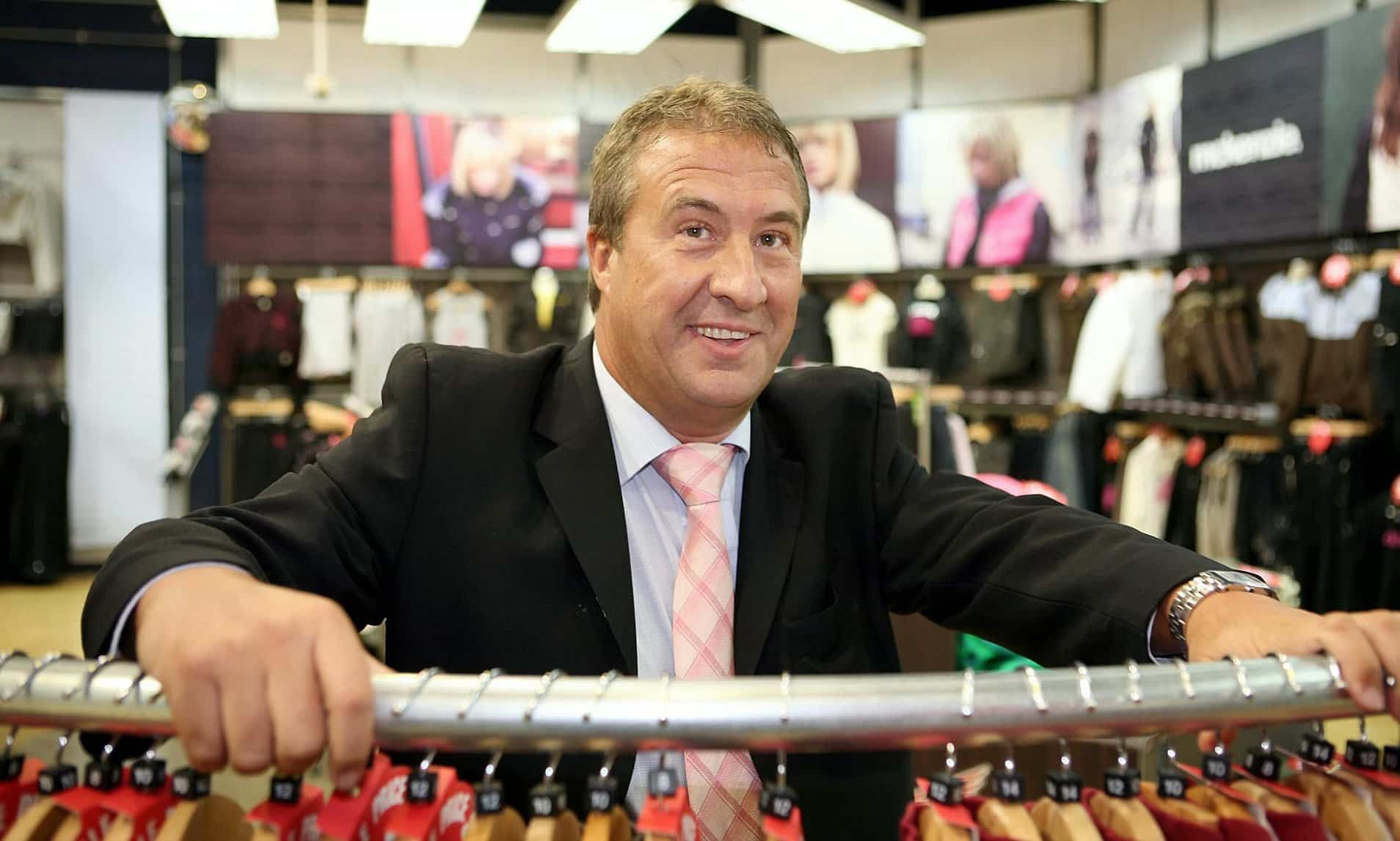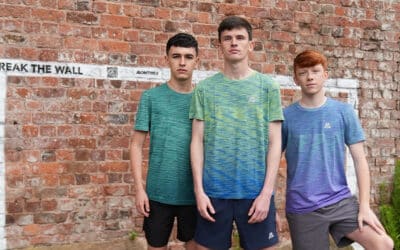“My view is that these tactics have not only helped JD Sports grow from a revenue perspective but it’s also made them a large player in the innovation and trend setting space.”
Where the outlook may seem bleak for many retailers who have had to pull down the shutters on high street stores amid rising costs and shifting consumer habits, it hasn’t been the case for JD Sports which has been able to build a strong physical and online presence globally.
This multi-channel approach could be the key to success.
“There is significant ongoing investment to broaden the international network to service a complex international multi-channel business with multiple fascias. The group is also investing in technically advanced automation equipment and robotics to strengthen the operational foundations of our businesses and ensure that the group remains a leader in multi-channel developments,” a spokesperson for JD Sports said.
“JD has always been committed to creating sector-leading physical retail environments and leading-edge digital technologies which are scalable across multiple territories.”
The group’s focus on digital collaborations with global and emerging brands as well as tapping into key trends has been a hit too.
“Their focus on collaborations with existing strong brands like Nike and Adidas lent them credibility and their focus on collaborations with emerging brands, like North Face and Under Armour allowed them to be more relevant than competitors,” explained Dan Peden.
“JD’s focus on trend setting saw them arguably fuel the popularity of athleisure and trainers. That really boils down to a great understanding of customers, backed up by solid data and insights. You see that shine through in their creative. JD Sports tend to pick (at the time) culturally relevant individuals (for example their ad featuring Anthony Joshua, Jaden Smith and Jesse Lingard) who affirm the trends they have invested in and they build the brand around that.”
Fines and controversies
Despite its successes, the retail chain has faced its fair share of controversies.
2022 was a busy year. In February, industry regulator the Competition and Markets Authority (CMA) fined JD Sports and Footasylum nearly £5m following a long-standing investigation into a proposed merger for breaches including ‘the sharing of commercially sensitive information’ between the CEOs of both companies.
In response, JD Sports at the time said a number of conclusions drawn by the CMA were either ‘incorrect’ or presented in a ‘misleading manner through the use of inflammatory language’.
JD Sports chair and chief executive Peter Cowgill stepped down several months later, with the group pledging to split his joint role.
Cowgill joined the Group in 1996 initially as financial director, becoming executive chair in 2004 and had led the company ever since. Kath Smith, a senior independent director at the retailer, took over as a temporary replacement before Régis Schultz was appointed to the role of chief executive. Schultz joined from Dubai-based Al-Futtaim Group, where the retail division helped to launch and build leading brands, including Zara, IKEA, Hugo Boss, M&S and Lacoste.
With more than a decade’s experience acting as chief executive of major retail businesses, prior to Al-Futtaim he was previously the CEO of Monoprix, France’s city-centre food and fashion retailer, which is part of Groupe Casino.
The sportswear retailer made a deal with Cowgill several months later, which sees him returning as a consultant for the next three years.
Following another dispute, the CMA issued a decision in September that found Elite Sports, JD Sports and Rangers FC ‘broke’ competition law by fixing retail prices for a number of Rangers-branded clothing products. The retailer confirmed it would not appeal the decision and had worked closely with the CMA to apply for leniency and settle the investigation, which led to a discounted penalty of £1.485m.
JD Sports did not comment further on the findings from the CMA.
Looking ahead
The year ended with Sports Direct chain owner Frasers Group agreeing to buy a range of premium fashion brands JD Sports has stakes in, such as Liam Gallagher’s fashion brand Pretty Green.
The deal to shed the fashion brands follows a strategic review by JD Sports chief executive officer Schultz, in a bid to focus more on its premium sports brands and shift attention towards its international and digital expansion.
“I would argue that the JD brand in particular carved out its own space, in which there are seemingly few competitors. They’ve then used this to gain exclusive distributions of lines and brands, further carving out their marketing and growing its appeal,” said Dan Peden.
Looking ahead to the future, in a trading update last week the group said its “most significant opportunities” lie in its continued multi-channel development of its sports fashion businesses and will continue to accelerate its global investment in them through 2023.
“With the appointment of Régis Schultz as CEO last year, his extensive experience in omnichannel retail will further help to drive clear momentum on delivering on JD’s proven strategy, and take the group into the next phase of its growth,” a spokesperson for the group added.













